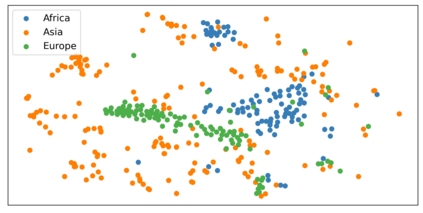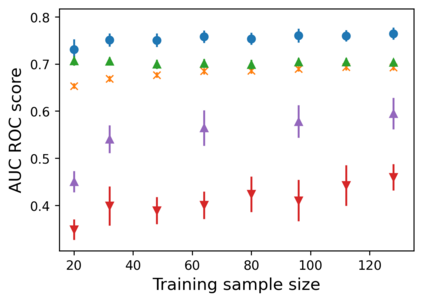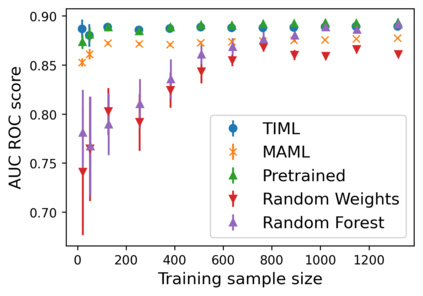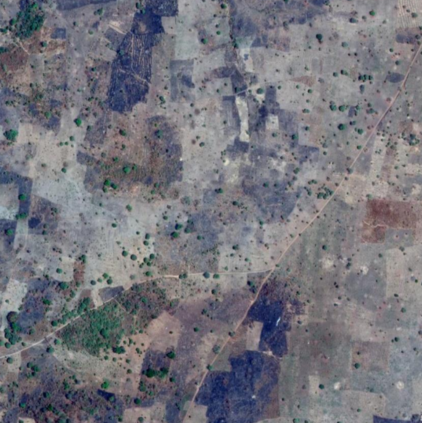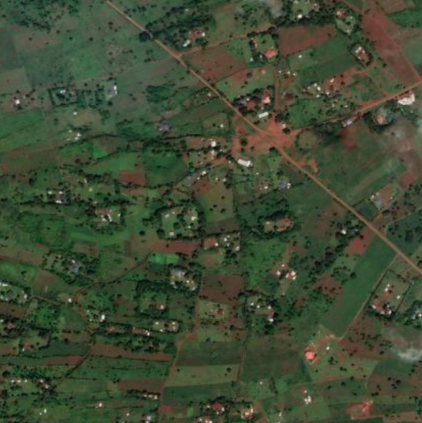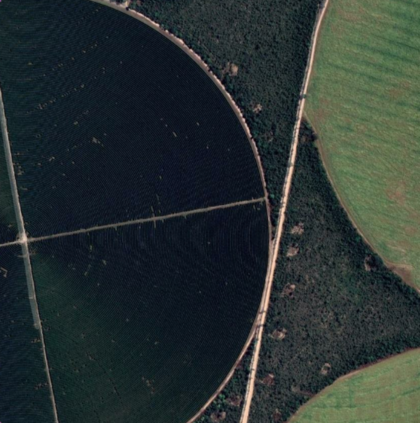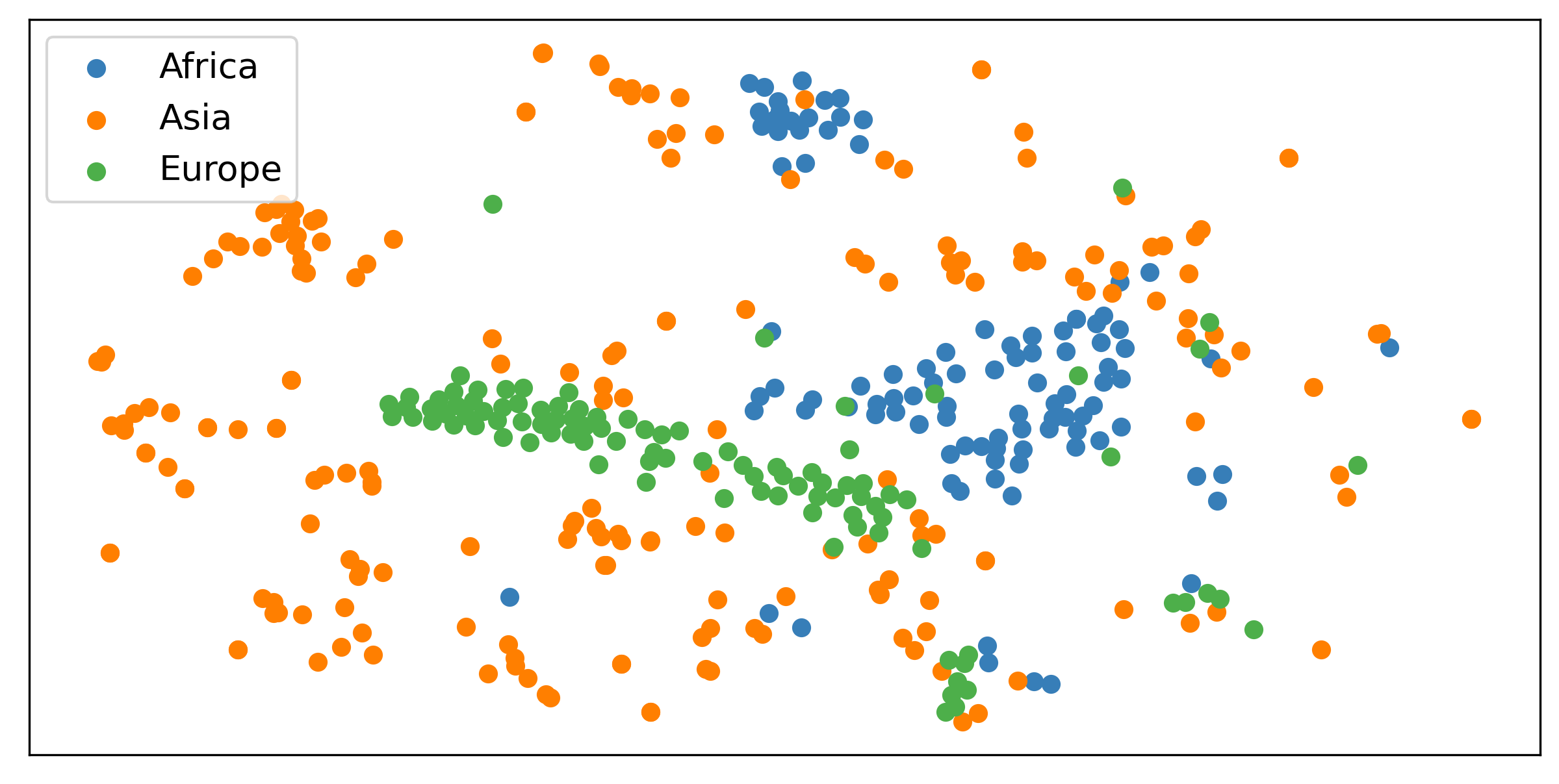Labeled datasets for agriculture are extremely spatially imbalanced. When developing algorithms for data-sparse regions, a natural approach is to use transfer learning from data-rich regions. While standard transfer learning approaches typically leverage only direct inputs and outputs, geospatial imagery and agricultural data are rich in metadata that can inform transfer learning algorithms, such as the spatial coordinates of data-points or the class of task being learned. We build on previous work exploring the use of meta-learning for agricultural contexts in data-sparse regions and introduce task-informed meta-learning (TIML), an augmentation to model-agnostic meta-learning which takes advantage of task-specific metadata. We apply TIML to crop type classification and yield estimation, and find that TIML significantly improves performance compared to a range of benchmarks in both contexts, across a diversity of model architectures. While we focus on tasks from agriculture, TIML could offer benefits to any meta-learning setup with task-specific metadata, such as classification of geo-tagged images and species distribution modelling.
翻译:用于农业的标签数据集在空间上极不平衡。在为数据偏少区域开发算法时,自然的做法是利用数据丰富区域的转让学习。标准转让学习方法通常只利用直接投入和产出,而地理空间图像和农业数据则丰富的元数据,这些元数据可以作为数据偏差区域或所学任务类别的空间坐标等数据转移学习算法的参考。我们在以往探索数据偏差区域农业环境元学习的方法的基础上再接再厉,并引入任务知情的元学习(TIML),即增强利用具体任务元数据的模型、不可知的元学习。我们将TIML应用于作物类型分类和产量估计,发现TIML在不同的模型结构中,与两种情况下的一系列基准相比,显著改进业绩。虽然我们侧重于农业任务,但TIML可以给任何带有具体任务元的元数据(如地理标记图象分类和物种分布模型)的元学习设置带来好处。

